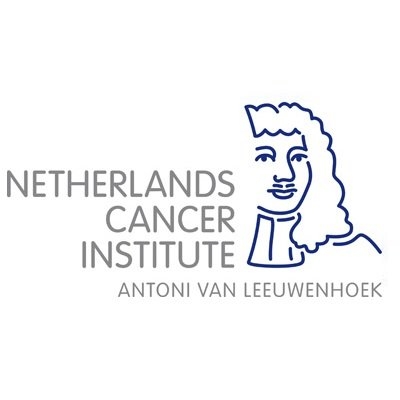Personalised Radiotherapy
This projects aims to personalise radiation oncology. The main challenges for a more personalised radiation treatment are anatomical and biological changes during treatment, improving the radiotherapy dose distributions, predicting treatment response and adapting therapy accordingly. The project realised a public-private partnership between the Netherlands cancer institute, the only comprehensive cancer center in the world, and Elekta Limited, one of the leading manufacturers of radiation oncology hardware and software.
Cancer is the second leading cause of death worldwide with approximately 18 million new cases and 9.5 million cancer deaths annually. Radiation oncology is one of the main stays of cancer treatment. Approximately 50% of cancer patients can benefit from RT in the management of their disease. Radiotherapy uses ionising radiation to eradicate cancer cells. However, healthy tissue surrounding the tumor may also effected by irradiation causing toxicity. Radiation oncology is therefore in constant need of improvements to maximise cure while minimising side effects.
The aim of this project was to develop algorithms, strategies and protocols capable of quantitatively assessing medical images, predicting the patient's response and modifying the treatment plan to maximise the effect. During this project a platform was developed for the quantitative analysis of medical images and the dosimetric impact of anatomical changes. A new irradiation device integrated with an MRI scanner has been put into clinical use and innovative MRI guided strategies for the treatment of prostate, rectum and liver cancer have been developed. A new quality control system has been developed that can verify complex radiations in real-time. Models have been developed that can predict the prognosis of different groups of patients based on medical imaging. Finally, (pre-)clinical studies were conducted in which innovative treatment strategies and combinations of radiotherapy with new drugs and immunotherapy showed promising results.
In conclusion, a range of techniques have been developed that can further individualise the radiation treatment of cancer patients.


